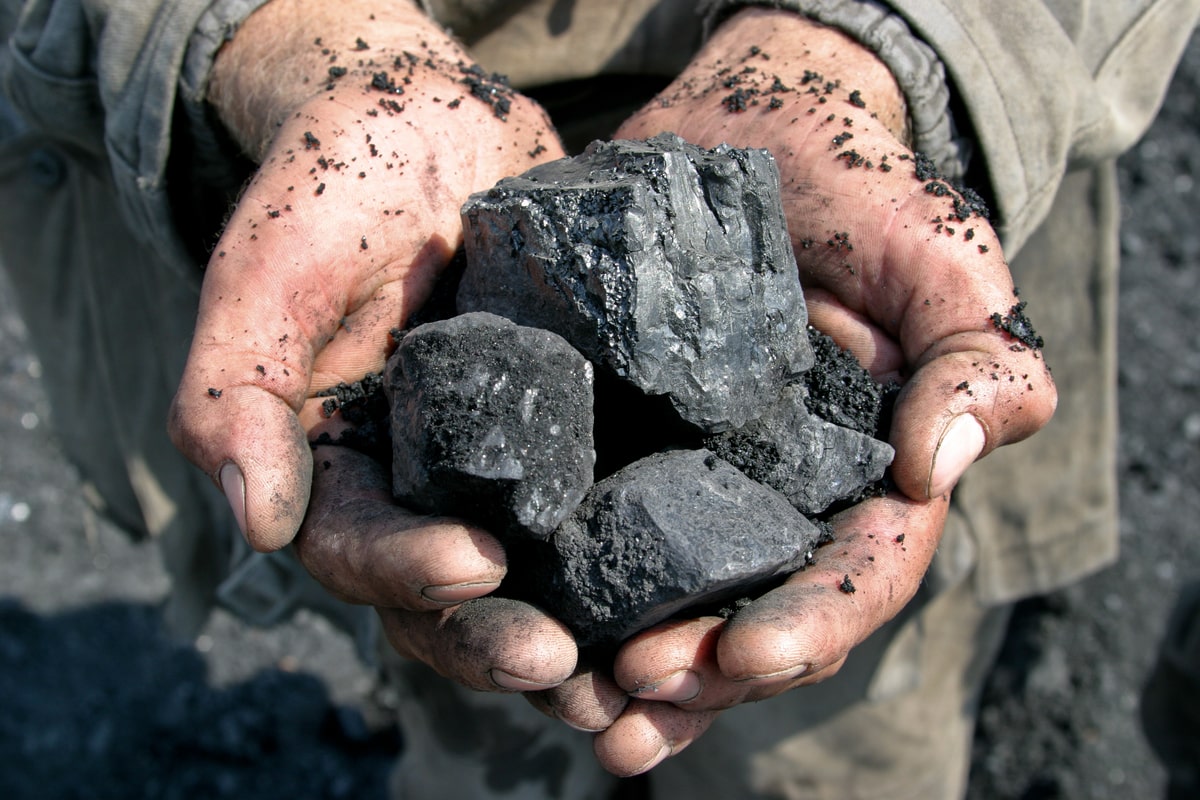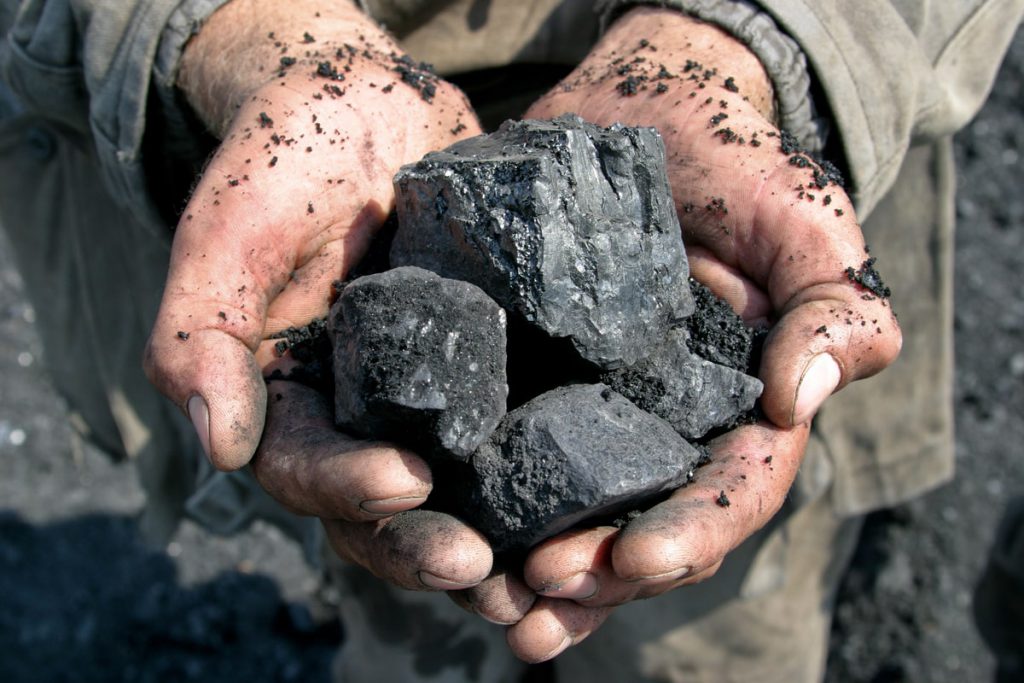
Coal – the most valuable fuel in the world
Coal becomes the most expensive fossil fuel in times of the coronavirus.
The collapse of prices for a barrel of Brent in the last month has led to this situation.
There have been a series of chain reactions that have led to this situation. Last month, prices for a barrel of Brent collapsed. The collapse of the costs of raw materials, especially oil, has made the traditionally cheap coal the most costly commodity in the energy sector.
Bloomberg’s analysis reflects it very well. To reach that striking conclusion, the company compared the price of Newcastle European coal futures, at $ 66.85 per metric ton, to Brent oil, at $ 26.98 per barrel.
Now the benchmark crude oil index registers prices below coal.
Will we decarbonize the coal industry by 2040?
Coal has been progressively disappearing from Europe and America in favor of cheaper and more environmentally friendly natural gas and renewables. When burned, the fuel emits approximately twice as much carbon dioxide than natural gas and 30% more than gasoline.
Coal emits sulfur and other elements, such as dangerous metals. Burning coal generates particulates that increase air pollution and the dangers of health.
The commodity has caused pollution that has been the reason for four of the five leading causes of death in the US. Every year, as a result of air pollution from coal-fired power plants, 36,000 Americans die. Air pollution from coal is linked to severe diseases such as asthma, cancer, neurological problems, heart, and lung ailments. It also causes severe environmental and impacts like acid rain and global warming.
However, the increase in demand for the material in Asian countries has made it an attractive source due to its low cost. In southeastern Asia, coal is still a king. Japan plans to build no less than 22 new plants. The Wood Mackenzie study found that coal use will grow and peak in 2027. By 2040, fossil fuel will account for 36% of Southeast Asia’s energy mix for power generation.
Even so, the increase in fossil fuel prices responds more to the fall in prices of other resources than the rise in the demand for coal. The cheapening of oil prices fueled the fall in the consumption of the mineral. Natural gas prices dropped mainly due to excess global supply.
Flight cancellations and travel restrictions have led to a 20% drop in oil consumption, although Saudi Arabia and Russia continue to flood the additional supply market.



